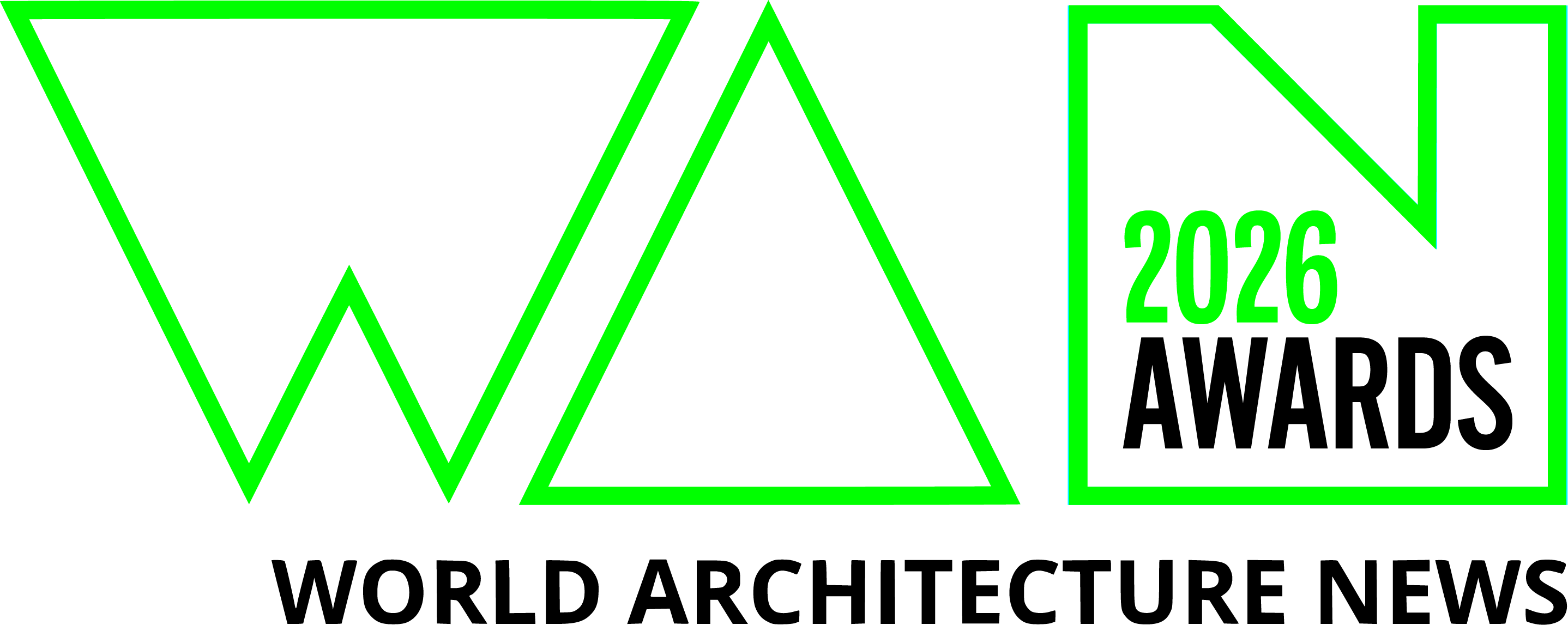

Dubai Safari Park
Dubai Municipality
The Park has adopted sustainable and environmentally friendly technologies and practices. Energy and water rationalization reached 17% of the electrical demands utilizing the solar energy, in addition to 20% of the water requirements.
Originally, the area was a landfill. That land has transformed by Dubai Municipality into a tourist and entertainment space using advanced technology to become Dubai Safari Park. The energy extracted from solar panels is used to power different buildings, outdoor lightings, and electric vehicles chargers.
With the aim of becoming a completely waste-free facility, Dubai Safari Park has distributed waste bins for recycling across the grounds for visitors to use. An on-site reverse osmosis plant filters and recycles water for animal water bodies, reusing food and animal waste into organic fertilizer, which is used as fertilizer throughout the park.
Following a 2-year closure, the Dubai Safari Park has officially reopened to the public from 5th October 2020.
Thorough precautionary measures have been implemented at the Dubai Safari to ensure a safe environment for visitors. A thermal camera has been installed and manual thermometers will be used to screen visitors. The social distance between people is strictly enforced with stickers placed on floors to guide visitors. Park vending machines sell masks while hand sanitizers are provided to everyone.